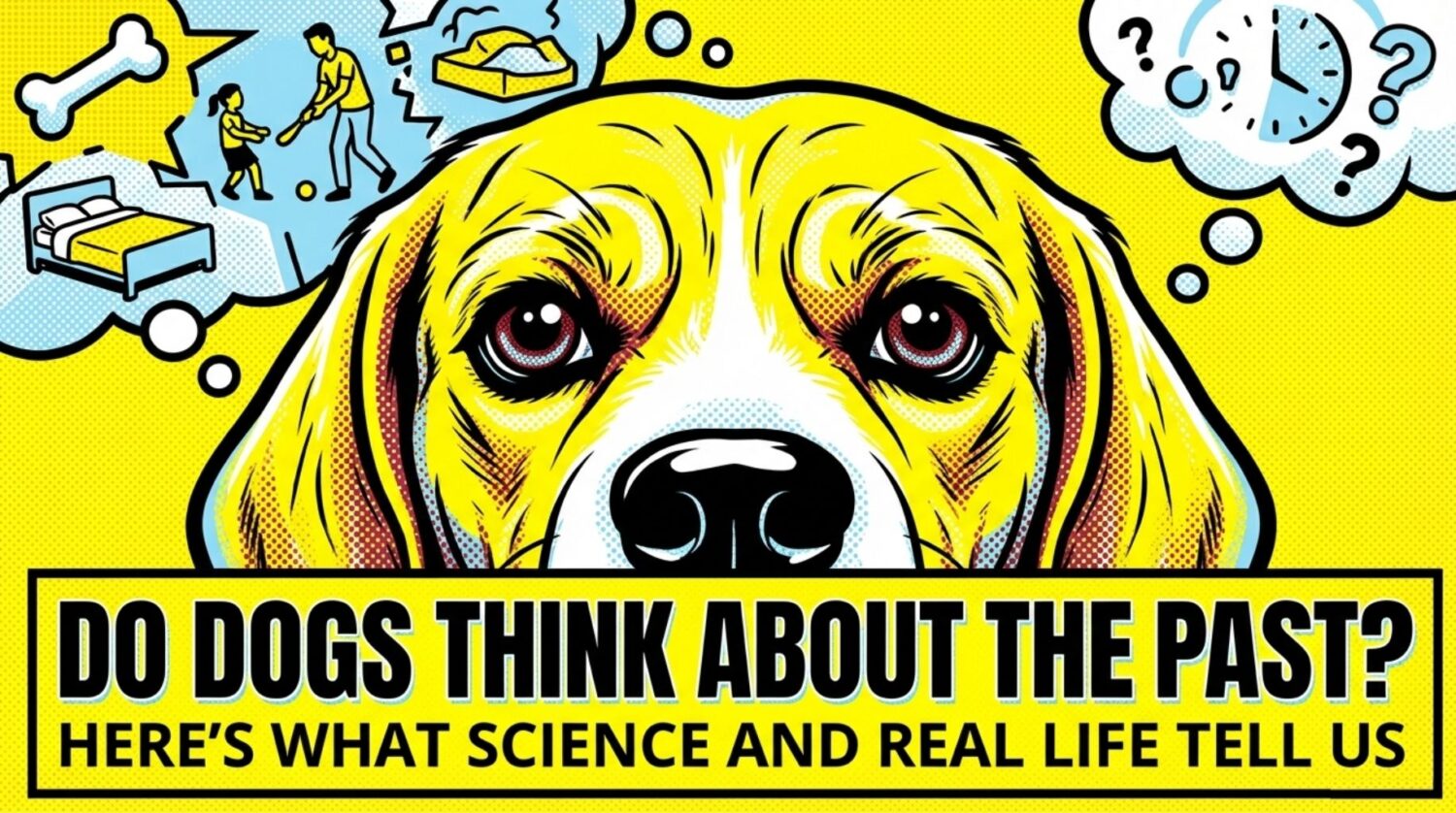Hey there, fellow dog lovers! Many dog owners asked this question, and you’ve probably found yourself in a standoff with a piece of chicken, wondering if your beloved pup would choose you over that juicy morsel. It’s the ultimate test of loyalty, right? The question does your dog love you more than food isn’t just sentimental but it’s backed by behavioral studies, neuroscience, and countless heartwarming anecdotes.
For generations, dog lovers have debated whether their furry friend’s devotion outweighs their appetite. As always we love to unpack the fascinating science, decode the tell-tale signs, and reveal some hilarious and heartwarming surprises about what really motivates our furry friends. So, grab your dog’s favorite toy, get cozy, and let’s embark on this tasty adventure together. Let’s dig into this delicious mystery and explore what really makes our pups tick.
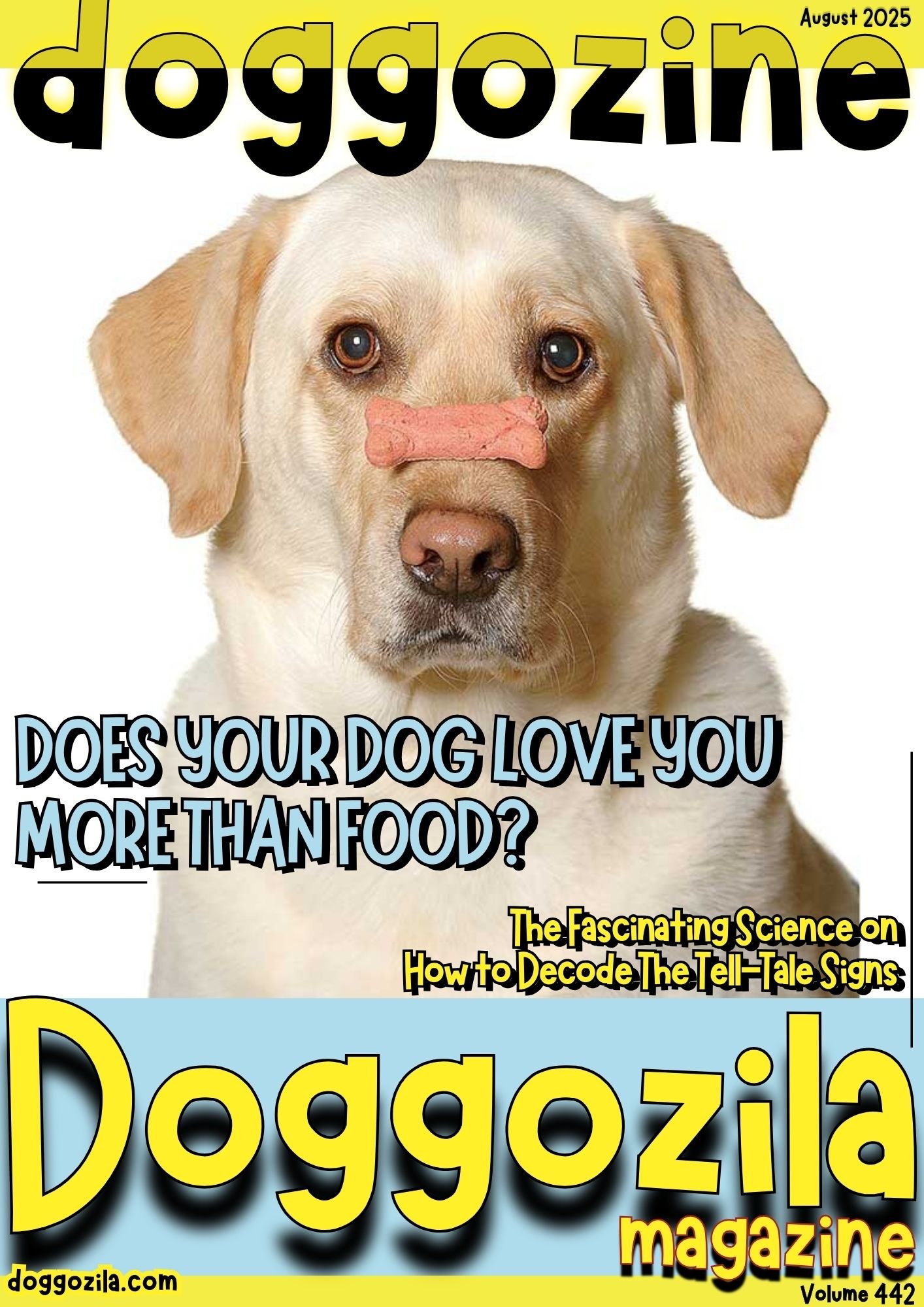
THE TEST ABOUT DOES YOUR DOG LOVE YOU MORE THAN FOOD: FACTS AND SCIENCE
When we ponder the question of does your dog love you more than food, it’s not just a whimsical thought, but it’s a subject of serious scientific inquiry. Researchers have used everything from clever behavioral experiments to advanced brain scans to get inside the minds of our four-legged friends. This research helps us move beyond guesswork and understand the true nature of the bond we share with our pets.
In one famous study, dogs were placed in a room with their owner and a bowl of food, with their choices meticulously recorded to gauge their preference. Another groundbreaking project used fMRI technology to measure brain activity in dogs when presented with stimuli predicting a treat or praise from their favorite human. The results paint a complex and beautiful picture of the canine heart, showing that our dogs’ brains light up with joy for both us and a good snack.
What Brain Scans Reveal About Whether Does Your Dog Love You More Than Food?
The use of fMRI machines on awake, trained dogs has provided an unprecedented window into their minds. Scientists observed that the ventral caudate, a brain region associated with rewards and pleasure, shows significant activity in various scenarios.
When a dog smells something that signals food or sees a person they love, this area lights up, indicating anticipation and happiness. For most dogs, the brain’s response to their owner’s praise was equal to, or even stronger than, its response to food.
However, it’s crucial to note that individual differences play a huge role, with some pups showing a much stronger neural response to a hot dog than to a “good boy!“. These studies suggest that for many dogs, social reward is a powerful motivator deeply wired into their brains. This incredible research helps us finally start to answer the complex query of does your dog love you more than food with hard evidence.
Behavioral Experiments That Answer Does Your Dog Love You More Than Food
Beyond the lab, simpler experiments have been designed to observe canine choice in real-time. The “owner vs. food” test, where a stranger and the owner each hold a piece of food, is a classic way to see who your dog is more loyal to. Another common test involves a stranger calling your dog while you are also calling them, to see which voice holds more sway.
The results often depend on the dog’s breed, training history, and even how hungry they are at that moment. These experiments show that while food is a powerful lure, the bond with an owner can be an equally strong force. Watching your dog’s hesitation, their flicking tail, and their eventual choice provides a real-world glimpse into their priorities.
How Scientists Measure the Dog-Human Bond?
The measurement of the human-animal bond isn’t just about one-off choices! It’s about consistent behavior over time. Researchers look at attachment behaviors, such as a dog using its owner as a secure base in a new environment or seeking comfort from them when scared. They study separation anxiety, greeting behaviors, and the frequency of “check-ins” during walks or play.
Tools like the C-BARQ (Canine Behavioral Assessment & Research Questionnaire) help quantify traits like trainability, attachment, and attention-seeking. By compiling this data, scientists can create a profile of the strength and style of a dog’s attachment, giving us a much clearer picture of where we stand in their world compared to a tasty treat.
🔑 Key Points: Brain scan studies reveal that most dogs’ reward centers light up equally for praise and food, showing they value social connection with us profoundly, but individual preferences vary.
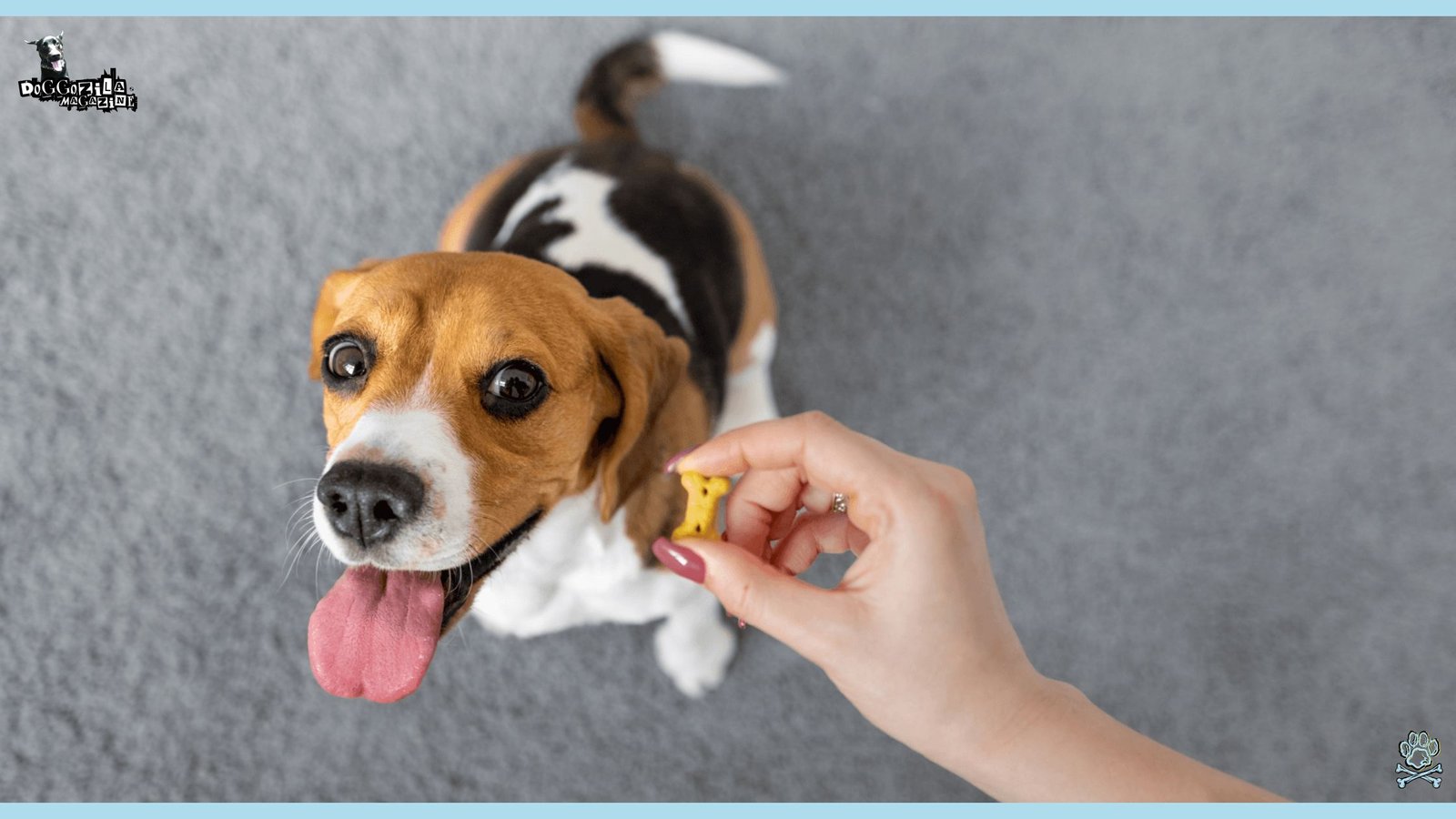
AN EVOLUTIONARY TWIST: WHY FOOD IS A NATURAL COMPETITOR?
To truly understand our dogs’ choices, we have to rewind the clock thousands of years. Dogs descended from wolves, for whom every meal was a matter of survival. This evolutionary history hardwired them to value food extremely highly. So, when we ask does your dog love you more than food, we are essentially pitting a deeply ingrained survival instinct against a more recently evolved social bond. It’s a tough competition!
Early domestication of dogs likely occurred around campfires, where wolves that were less fearful of humans were rewarded with scraps, forging a mutualistic relationship based on provision. This means that the drive to seek out food is ancient, instinctual, and incredibly powerful.
The Survival Instinct Hardwired in Every Pup
From the moment they are born, puppies are driven by the need to nurse, and this focus on sustenance continues throughout their lives. This instinct isn’t a sign of greed! It’s a fundamental programming for survival. In the wild, a consistent food source means the difference between life and death, so seeking out high-value calories is a top priority.
This is why dogs can be so single-minded about snacks, often appearing to “forget” their training when a particularly smelly treat is involved. This deep-seated drive is why using high-value rewards is so effective in dog training. Understanding this helps us reframe the question not as a personal slight, but as a natural part of being a dog.
How Domestication Changed the Game for Our Best Friends?
While the food drive is ancient, domestication has profoundly shaped the canine brain to be uniquely attuned to humans. Over thousands of years, dogs that successfully communicated and bonded with people were more likely to be fed and cared for, passing on their social genes.
This process selected for traits like attentiveness, the ability to read human social cues, and a desire for social interaction. Dogs have evolved to form strong, emotional attachments to their human families, often seeing them as a source of safety and security. This means that while food is a primary motivator, the social connection we offer is a powerful secondary motivator that is uniquely enhanced in dogs compared to their wolf ancestors.
Why Your Dog’s Ancestry Influences Their Choices?
A dog’s breed can offer significant clues about their potential drives and motivations. Breeds developed for independent work, like many hounds or terriers, might have a stronger innate prey or food drive. In contrast, breeds specifically developed for companionship, like Cavalier King Charles Spaniels, might be more intrinsically motivated by human contact.
Herding breeds, like Border Collies, often have a high “work” drive, which can be satisfied with either food rewards or play with their owner. Knowing your dog’s breed history can help you understand their behavior better and tailor your training and bonding activities to what inherently motivates them, making your relationship even stronger.
🔑 Key Points: Dogs inherited a powerful survival instinct from their wolf ancestors, which hardwires them to highly value food, meaning this drive is natural and not a personal slight against you.
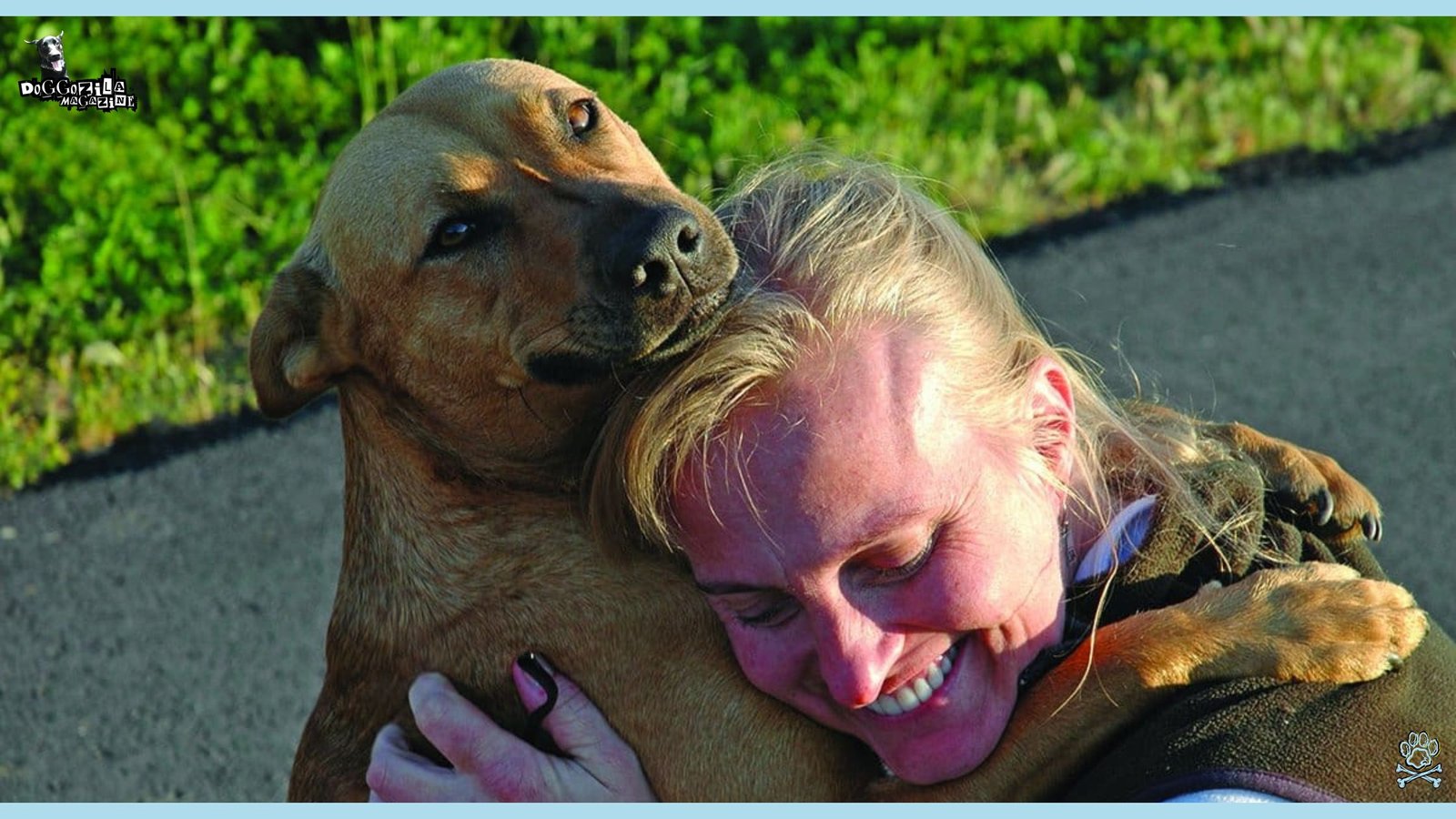
READING THE SIGNS: HOW YOUR DOG SHOWS YOU’RE TOP DOG?
You don’t need a lab coat to understand your dog’s feelings! You just need to know what to look for. Dog communication is all about body language, and there are clear signs that indicate you hold a very special place in their heart, one that might even rival the food bowl. From the full-body wiggle when you walk in the door to the loving gaze they hold during a cuddle session, dogs have a unique vocabulary for expressing love. Learning to read these signs is the first step toward understanding the real answer to does your dog love you more than food in your own home.
Certain behaviors make it obvious where your dog’s priorities lie. If they abandon food to greet you or follow you from room to room, it might be a personal answer to does your dog love you more than food. These actions reveal as much about trust and attachment as about appetite.
The Welcome Home Greeting Answers Does Your Dog Love You More Than Food?
There’s nothing quite like the euphoric greeting you receive after even a short trip to the mailbox. This isn’t just about pent-up energy. It’s a genuine expression of joy and relief that their person has returned. A dog that brings you a toy when you walk in is not only saying hello but also inviting you to engage in their favorite shared activity.
The intensity of this greeting, complete with wagging tails, happy whimpers, and maybe even a “smile,” is a powerful indicator of your value in their world. While they might eventually wander over to their food bowl, that initial burst of affection is all about you.
How to Understand the Language of Tail Wags and Play Bows?
A wagging tail doesn’t always mean a happy dog, but a loose, sweeping “helicopter” wag certainly does. A dog play bow, front end down, back end up, is a universal doggy invitation that says, “I want to have fun with you!“. Other signs of affection include leaning against you, resting a paw on your foot, or a contented sigh when they curl up next to you.
These gestures show a desire for physical closeness and connection that goes beyond basic needs. When your dog actively seeks you out for interaction and play, it’s a strong sign that your relationship is built on more than just mealtime.
The Comfort Seekers: When Your Dog Chooses You Over Everything?
One of the most telling signs of a deep bond is when your dog seeks you out for comfort. If they get scared during a thunderstorm and curl up in your lap, or if they feel unwell and rest their head on your knee, they are demonstrating immense trust.
In these vulnerable moments, they aren’t thinking about food, but they are looking to their safest haven, you. This behavior mirrors the “secure base effect” seen in human children with their parents. A dog that sees you as their source of comfort and security is absolutely answering the question of does your dog love you more than food with a resounding yes.
🔑 Key Points: Your dog demonstrates love through specific behaviors like euphoric greetings, inviting play bows, and seeking you out for comfort during stressful times, proving your role as their safe haven.
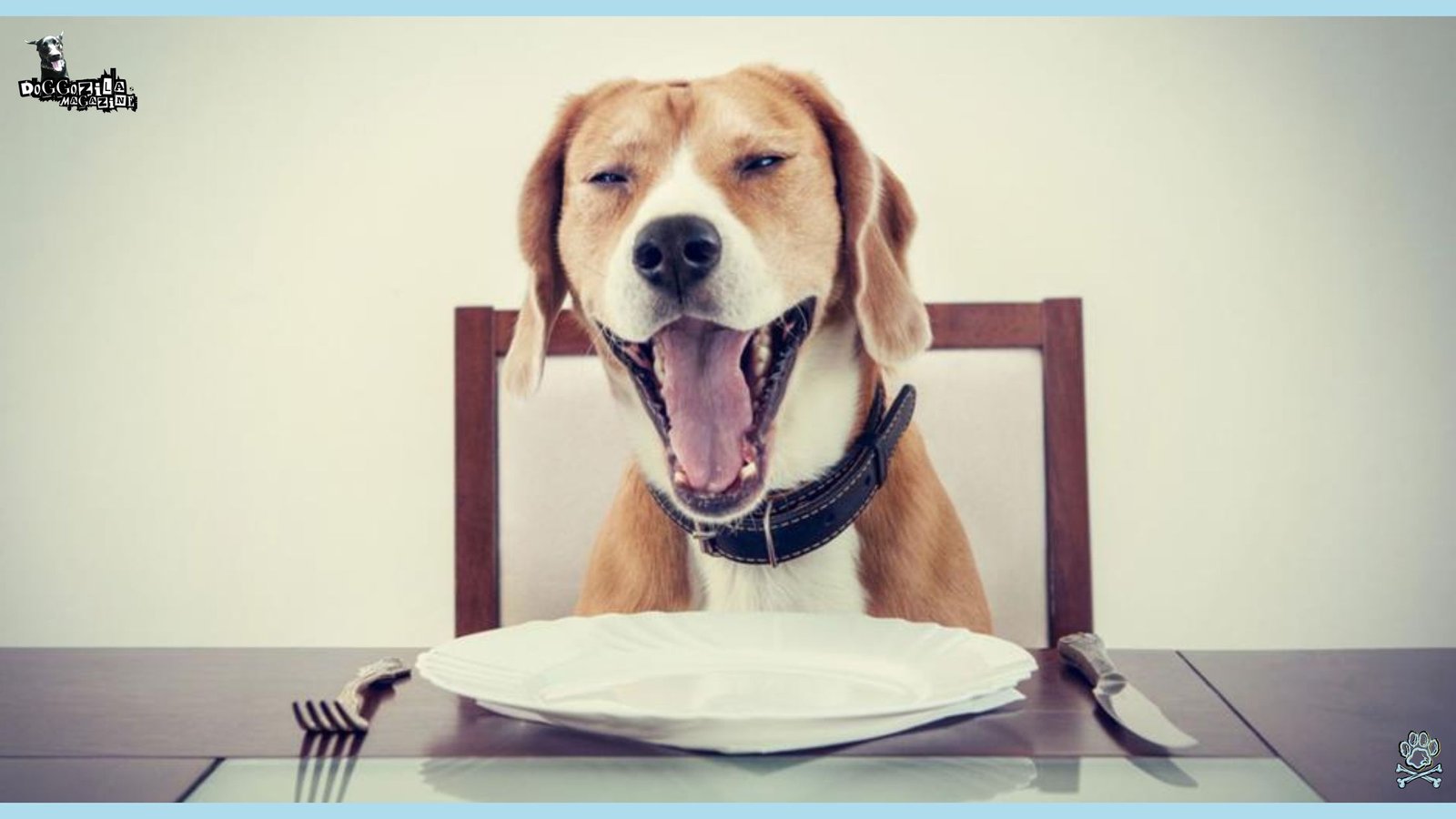
BUSTING THE MYTHS: IT’S NOT ALWAYS ABOUT THE KIBBLE
We often fall into the trap of anthropomorphizing our pets, projecting human emotions and reasoning onto their actions. This leads to common myths, like thinking a dog who runs to the food bowl first doesn’t love you, or that a dog who begs at the table is being deliberately manipulative. The truth is far more simple and biological. Let’s bust some of these myths and get a clearer, more compassionate view of what’s really going on in our dog’s mind.
Some dogs will always be more motivated by food than by affection, and that’s a normal variation in temperament. Food motivation can be extremely useful in training, competitive sports, and behavior shaping.
How to Separate Love from Resource Guarding Behaviors?
A dog that growls over a bone or food bowl is not displaying a lack of love. They are exhibiting a natural behavior called resource guarding. This stems from an evolutionary instinct to protect valuable resources for survival.
It’s a behavior that can be managed and modified with positive training techniques, but it is not a reflection of their affection for you. In fact, a dog that guards resources from humans or other animals may feel insecure. With some patience and training, you can build their confidence and strengthen your trust-based relationship.
Why Your Dog’s Stomach Sometimes Wins the Battle?
A hungry dog is a motivated dog. It’s basic biology. If your dog hasn’t eaten, their primary drive will be to find food. Asking does your dog love you more than food when their stomach is growling is an unfair test.
Their biological need for calories will almost always trump their desire for social interaction in that moment. This is why trainers often recommend training before mealtimes when your dog is more food-motivated and therefore more focused. It’s not a personal choice, but it’s a matter of prioritizing immediate physiological needs.
The Truth Behind “Puppy Dog Eyes” and Other Manipulative Looks
That guilty look your dog gives you after chewing up a shoe? It’s not guilt. Studies suggest it’s actually a response to your angry body language, a submissive appeasement gesture to avoid conflict. Similarly, “puppy dog eyes” are a powerful evolutionary adaptation.
Dogs have developed muscles around their eyes to better communicate with humans and elicit a care giving response. While it feels like manipulation, it’s actually a brilliant form of cross-species communication that helps them get what they want, whether it’s attention, food, or forgiveness.
🔑 Key Points: Common misconceptions, like interpreting resource guarding as a lack of love or misreading “puppy dog eyes,” cloud our understanding of a dog’s true biological and communicative instincts.
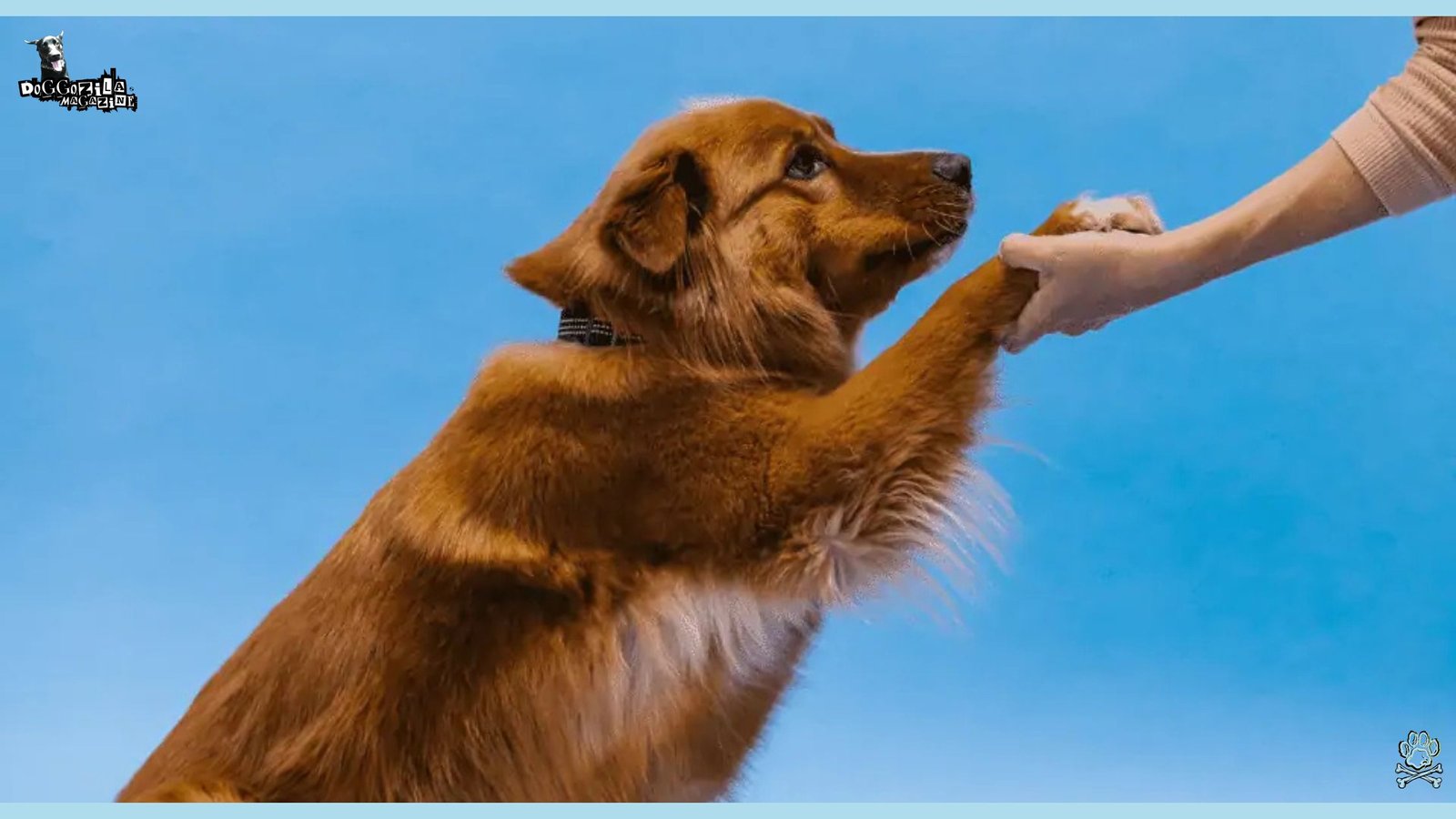
TRAINING WITH LOVE AND TREATS: A BALANCED APPROACH
The debate between using food rewards versus praise in training is a classic one. The beauty of modern, force-free dog training is that we don’t have to choose! The most effective approach is a balanced one that uses both to communicate effectively with our dogs and strengthen our bond. Understanding what motivates your individual dog is the key to successful training and a happier relationship.
A study from the University of Florida found that 9 out of 10 dogs preferred food over toys when given a choice, and they were willing to work harder for food rewards. This aligns with the broader consensus among reward-based trainers that food is a primary reinforcer for most dogs.
Use High-Value Rewards to Learn Does Your Dog Love You More Than Food
In training, “high-value” rewards are those your dog will work hardest for, which for many dogs is a special food like chicken or cheese. Using these treats to teach a reliable recall or a solid “leave it” can be a lifesaver. The goal isn’t to bribe your dog but to make listening to you the most rewarding option available.
By pairing these high-value treats with enthusiastic praise and petting, you build a positive association where your attention itself becomes a reward. Over time, you can often phase out the constant food treats and rely more on social reinforcement, proving that your relationship is the ultimate prize.
Related Article Recommendation: Treats Or Praise: Which Do Dogs Prefer More?
Building a Bond So Strong That Praise Becomes the Prize
The ultimate goal for many owners is to have a dog that works for praise alone. This is achieved by consistently pairing verbal praise (“Yes! Good dog!“) with things your dog already loves, like treats, toys, and play. This process, classical conditioning, makes your happy voice a predictor of good things.
For a dog with a strong bond, a joyful “good boy!” from their owner can release those same feel-good endorphins as a treat. This doesn’t mean you never use food again, but it does mean your dog learns to value your communication and interaction as a core part of their reward system.
Fun Games That Prove Does Your Dog Love You More Than Food
Incorporate games into your routine that emphasize your role as the fun-maker. Play hide-and-seek where you call your dog’s name and reward them with a game of tug when they find you. Practice “find it” games with toys instead of food.
Engage in dog sports like agility or nosework, where the teamwork and excitement are the main rewards. These activities provide mental stimulation, build confidence, and solidify the idea that the very best things in life like play, adventure, and connection, come from you.
🔑 Key Points: The most effective method is to use high-value treats to teach behaviors and then pair them with praise to build a history where your attention itself becomes the ultimate reward.
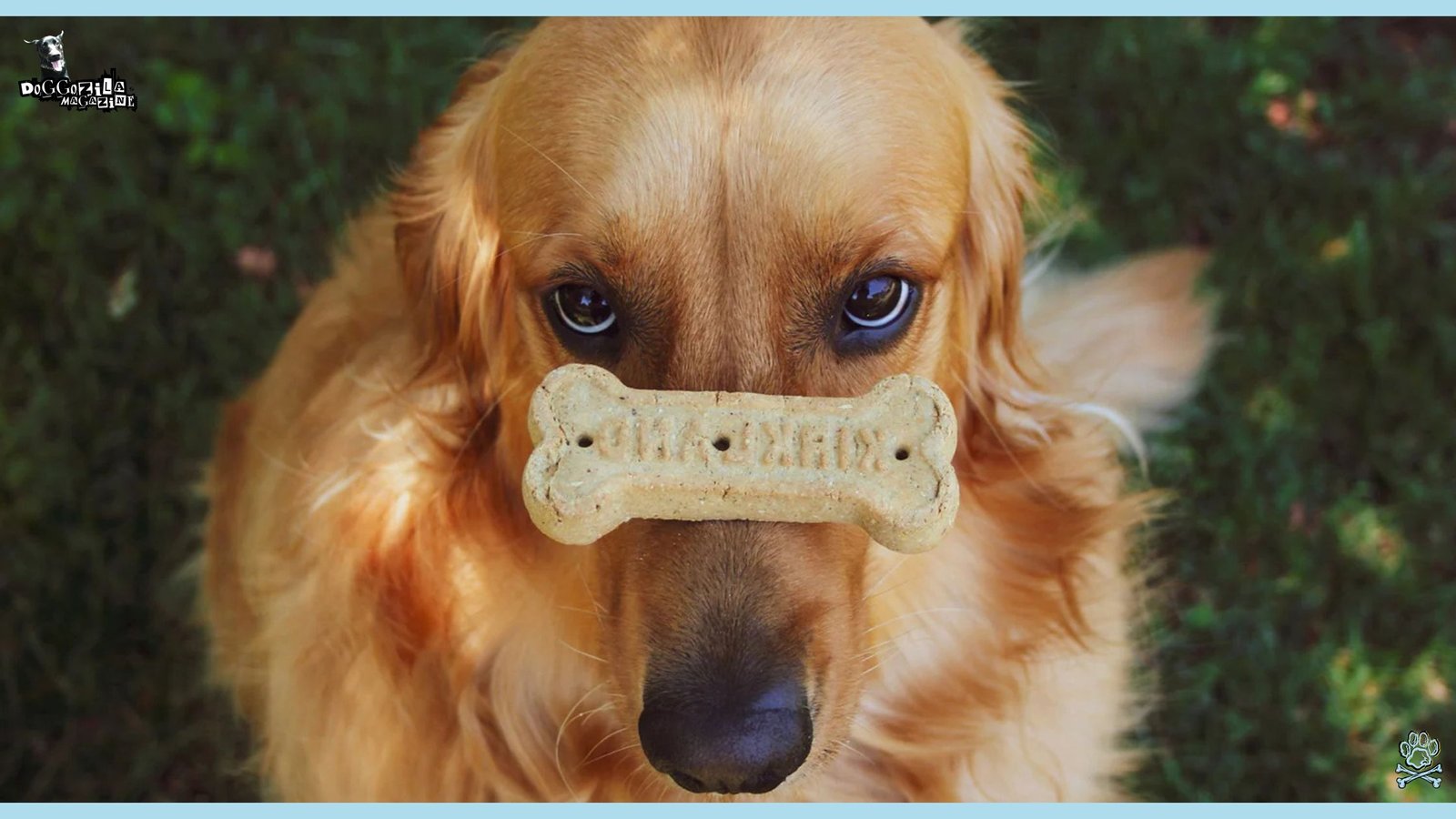
REAL-WORLD SCENARIOS: PUTTING THE QUESTION TO THE TEST
It’s one thing to talk about theory and science, but what happens in the messy, wonderful reality of everyday life with a dog? The true test of does your dog love you more than food often plays out in our living rooms and backyards. Observing your dog’s choices in these unscripted situations provides the most genuine data about their priorities and the strength of your connection.
Imagine your dog, off-leash at the park, spotting a squirrel, a high-value “prey” item. Your dog recall command is a direct competitor to that deep-seated instinct. In another scenario, you might be eating a delicious sandwich, and your dog is faced with the temptation of a dropped crumb versus your command to “leave it.” These moments are the true crucibles of your training and bond.
Setting Up a Fun Experiment to See Does Your Dog Love You More Than Food
You can create a simple, safe, and fun test at home to satisfy your own curiosity, much like the scientists did. Enlist a friend or family member to help you with a simple choice test. Have them sit in one corner of a room holding a bowl of high-value food like small pieces of chicken, while you sit in another corner empty-handed. Have someone else let your dog into the room and observe their immediate choice.
Does they run to the food, to you, or perhaps pause curiously in the middle? Remember, this is just for fun and should never be used to punish or judge your dog. Their choice can be influenced by how recently they’ve eaten, their mood, and their unique personality. The goal isn’t to win a contest but to learn more about your furry friend’s individual motivations.
Interpreting the Results Without Getting Your Feelings Hurt
If your dog makes a beeline for the food, don’t take it personally! It’s crucial to remember that this is a snapshot, not the entire movie of your relationship. A dog’s sense of smell is incredibly powerful, and the lure of a tasty scent can be overwhelming in the moment, especially for food-motivated breeds.
This result might simply mean you need to work on building even more value for yourself through play and engagement. If your dog chooses you, celebrate that amazing bond! It’s a fantastic sign that your social connection is a top-tier reward for them. However, the most common result might be a split choice, a quick greeting to you followed by a happy investigation of the food bowl. This shows a healthy balance: they value you and the snack you often provide.
Why Context is King in Understanding Your Dog’s Choices?
The outcome of any test can change dramatically based on the context. A dog who is full after a meal is much more likely to seek out social interaction and play than a dog who is hungry. A dog in a familiar, relaxed environment will make a different choice than a dog who is stressed or in a new place. The value of the food itself always matters!
Kibble might be ignored while a piece of steak creates an intense internal struggle. Your own energy is also part of the context. If you are exciting and fun, you are a more appealing choice. Understanding this fluidity helps us see our dogs as complex beings whose decisions are based on a constantly shifting calculation of needs, wants, and circumstances.
🔑 Key Points: You can create simple, fun choice tests at home to see your dog’s preferences, but their decision can be influenced by context, hunger, and personality, so never take the result personally.
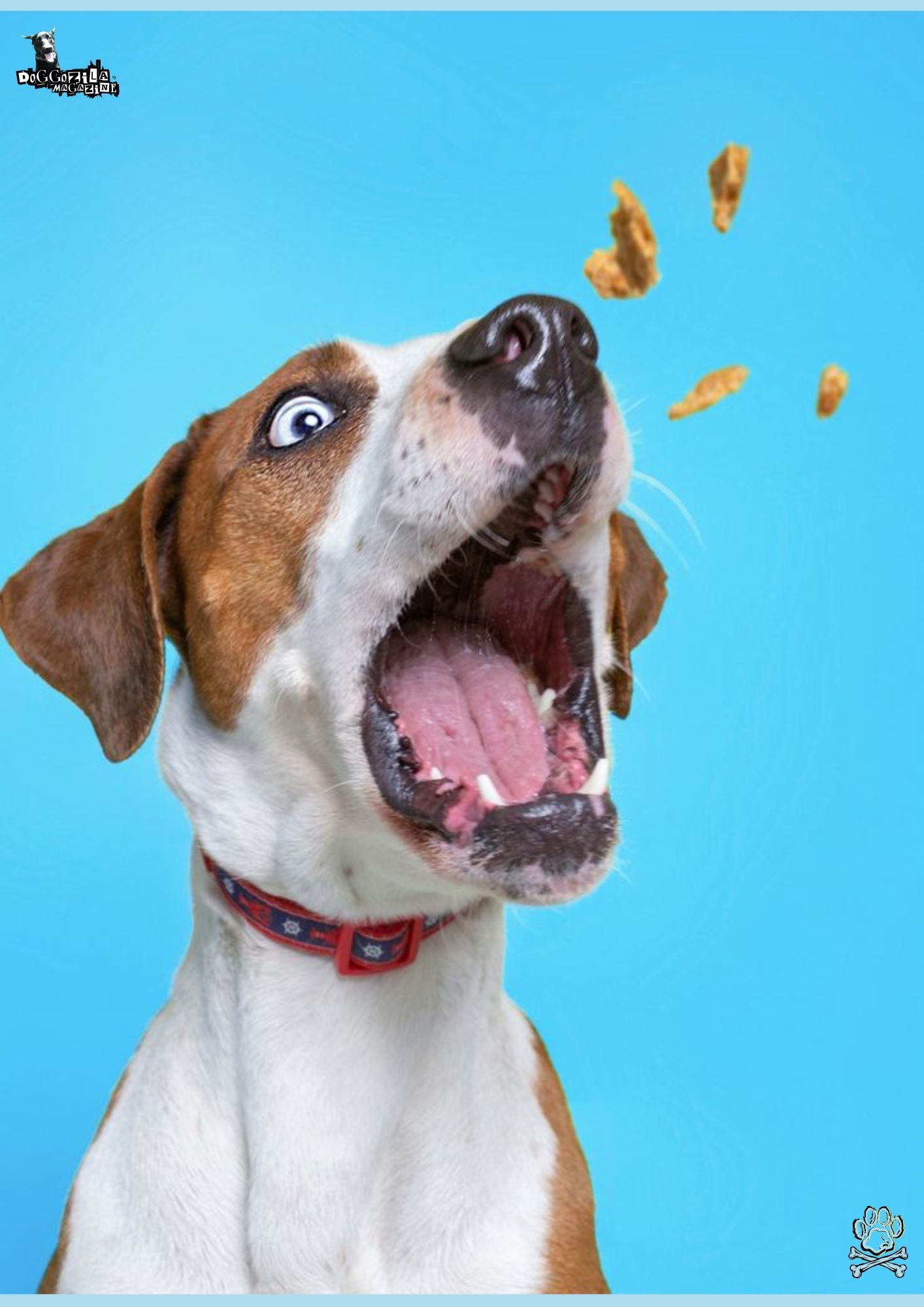
BEYOND THE BOWL: STRENGTHENING YOUR IRRESISTIBLE BOND
Regardless of where your dog falls on the food-love spectrum, the goal is always to nurture a relationship where they find you engaging, safe, and fun. This isn’t about making food irrelevant, but it’s about making yourself so valuable that you become an irreplaceable part of their world.
Strengthening your bond is a daily practice built on trust, mutual respect, and shared joy. It’s about becoming your dog’s favorite playground, safest refuge, and most rewarding companion. When you achieve that, the question of does your dog love you more than food becomes less of a worry and more of a celebration of your unique connection.
Daily Habits That Make You the Best Part of Their Day
Incorporate small, consistent rituals that your dog can look forward to. This could be a dedicated five-minute training session using their breakfast kibble, making mealtime interactive and engaging. It might be a specific scratch behind the ears when you get your morning coffee or a nightly brush before bed.
Be the one who delivers the best things in life, not just food, but also access to the outdoors for potty breaks, the leash for walks, and their favorite toys for a game of tug. By associating yourself with positive outcomes and fun experiences throughout the day, you consistently reinforce your role as the source of all good things, building immense value in your presence.
Becoming the Source of Adventure, Not Just Sustenance
Shift your role from mere caretaker to chief adventure partner. Dogs thrive on novelty and exploration. Instead of just a routine walk around the block, try exploring a new trail or hiking path on the weekend. Let them sniff to their heart’s content on walks, this is how they experience the world. Play new games like hide-and-seek in the house or in the yard, which reinforces their recall and makes finding you the most exciting game ever.
When your presence predicts fun, unpredictable adventures and engaging play, you become infinitely more interesting than a static bowl of food. This approach answers the question of does your dog love you more than food by making it about more than just love, but it’s about pure, unadulterated fun.
The Power of Trust and Earning Your Dog’s Emotional Reliance
The deepest bonds are built on trust. Be a predictable and safe person for your dog. Avoid yelling or punishment-based training methods, which break down trust and create anxiety. Instead, use positive reinforcement to build their confidence and show them that interacting with you leads to good things.
Be their advocate in stressful situations! If they are scared of other dogs or loud noises, create distance and comfort them. When your dog knows that you will not put them in harm’s way and that you are their secure base in a scary world, their emotional reliance on you deepens. This kind of trust creates a loyalty and connection that transcends any temporary temptation, solidifying a bond that is truly unbreakable.
🔑 Key Points: You become more valuable than food by being the source of daily adventures, novel games, and consistent trust. Try positioning yourself as your dog’s most rewarding and fun companion.
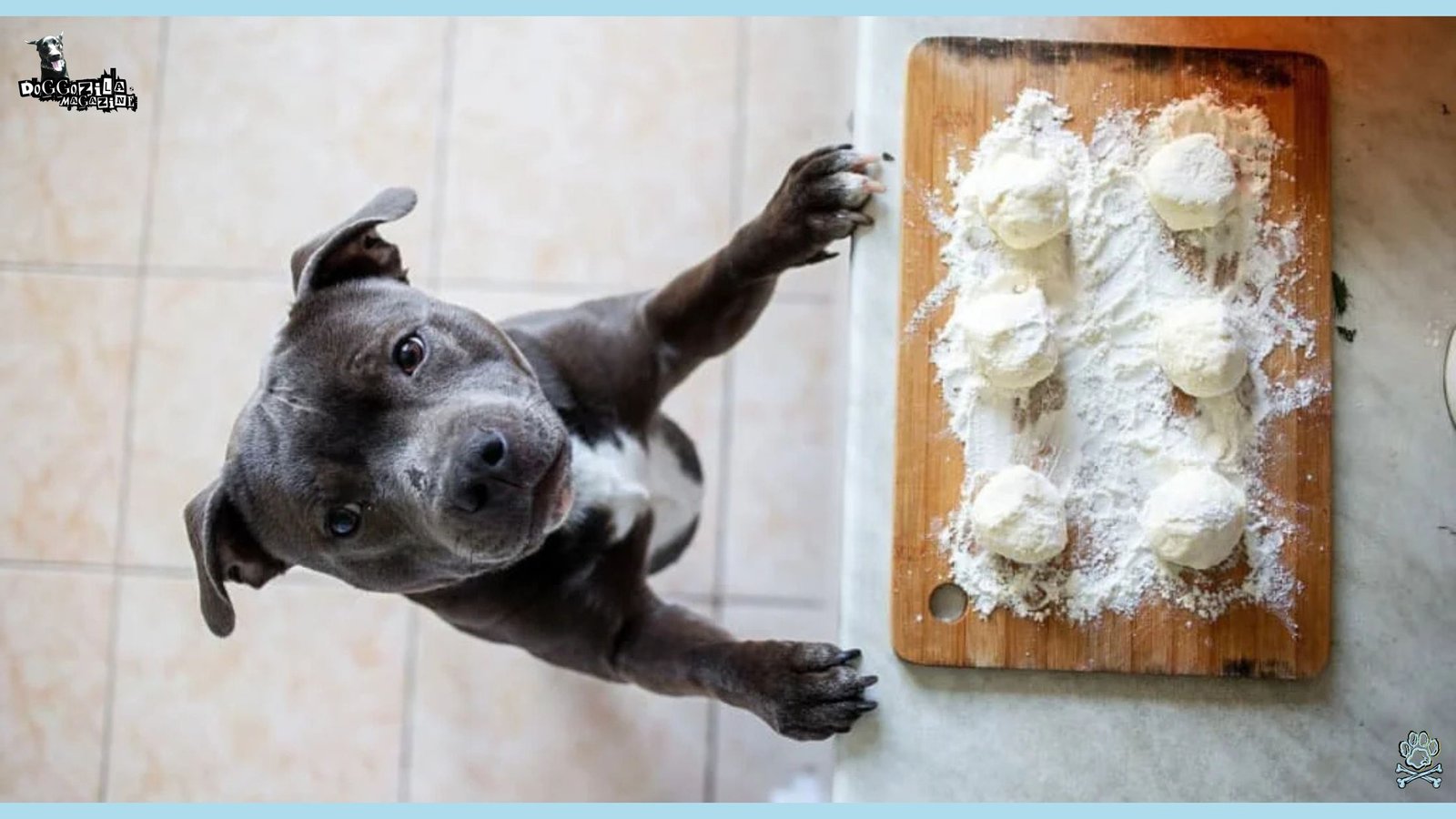
THE FINAL VERDICT: SO, DOES YOUR DOG LOVE YOU MORE THAN FOOD?
After all this science, observation, and myth-busting, what’s the final answer? The beautiful, complex truth is that it’s not a binary choice. Dogs experience love for their humans and desire for food through different neurological pathways. For most dogs, you are not in competition with a steak! You are the provider of the steak, the source of walks, the giver of scratches, and their safest companion. The bond you share is multidimensional and can’t be boiled down to a single choice. So, instead of worrying about the competition, celebrate the unique and incredible relationship you have with your dog.
Science tells us that most dogs love their owners and food in different ways, and it’s not a simple competition. Dogs form deep emotional attachments to their humans. This is evidenced by brain scans and behavioral studies. Food remains a powerful motive due to evolutionary instincts and individual preferences.
Evidence from Science and Soul About Does Your Dog Love You More Than Food
The scientific evidence shows that a majority of dogs show equal or greater brain activation for praise versus food. Their behavior shows they seek us for comfort, play, and security. But their evolutionary biology means food will always be a powerful, primal motivator.
The “soul” part of the equation like the quiet moments, the shared looks, the unwavering companionship, tells us that what we have is real. It may not be identical to human love, but it is a profound, authentic bond that is unique to the human-dog relationship.
Why the Answer Might Change from Day to Day?
Your dog’s choice might depend on their mood, their hunger level, what you’re offering, and the context. A tired dog might value a quiet cuddle on the couch more than a biscuit. A bored, energetic dog might choose a game of fetch with you over a solitary chew. A hungry dog will understandably choose dinner. This variability is normal and keeps us on our toes. We are constantly learning and adapting to our dog’s needs. That is a core part of the joy of living with them.
Related Article Recommendation: How To Teach Your Dog To Fetch: Fun Training Class
Key Takeaways About Does Your Dog Love You More Than Food
At the end of the day, the question does your dog love you more than food is more about our own human insecurities than it is about our dogs’ feelings. Our dogs offer us a love that is remarkably unconditional. They don’t hold grudges, they forgive our bad days, and they greet us with pure joy every single time.
Whether they sometimes choose a sausage over a snuggle doesn’t diminish that incredible gift. So, stop worrying about the test. Just enjoy the wagging tails, the wet noses, and the priceless, food-free moments that make being a dog parent the best job in the world.
The key takeaway is that your dog’s love isn’t diminished by their interest in food! Remember that it’s part of a complex interplay of factors that make them who they are. Rather than worrying about whether does your dog love you more than food, focus on nurturing a relationship built on mutual trust and understanding.
Celebrating the Unique and Unconditional Bond You Share
Celebrate the moments when your dog chooses you, whether it’s for comfort, play, or affection. Don’t take it personally when they opt for a snack. After all, wouldn’t you sometimes choose pizza over people? Remember that the bond you share with your dog is unique and special, filled with wagging tails, wet noses, and a love that transcends simple comparisons.
The answer is complex and individual, but for most dogs, the love for their owner and the desire for food are separate, powerful drives that together form a deep, multidimensional bond.
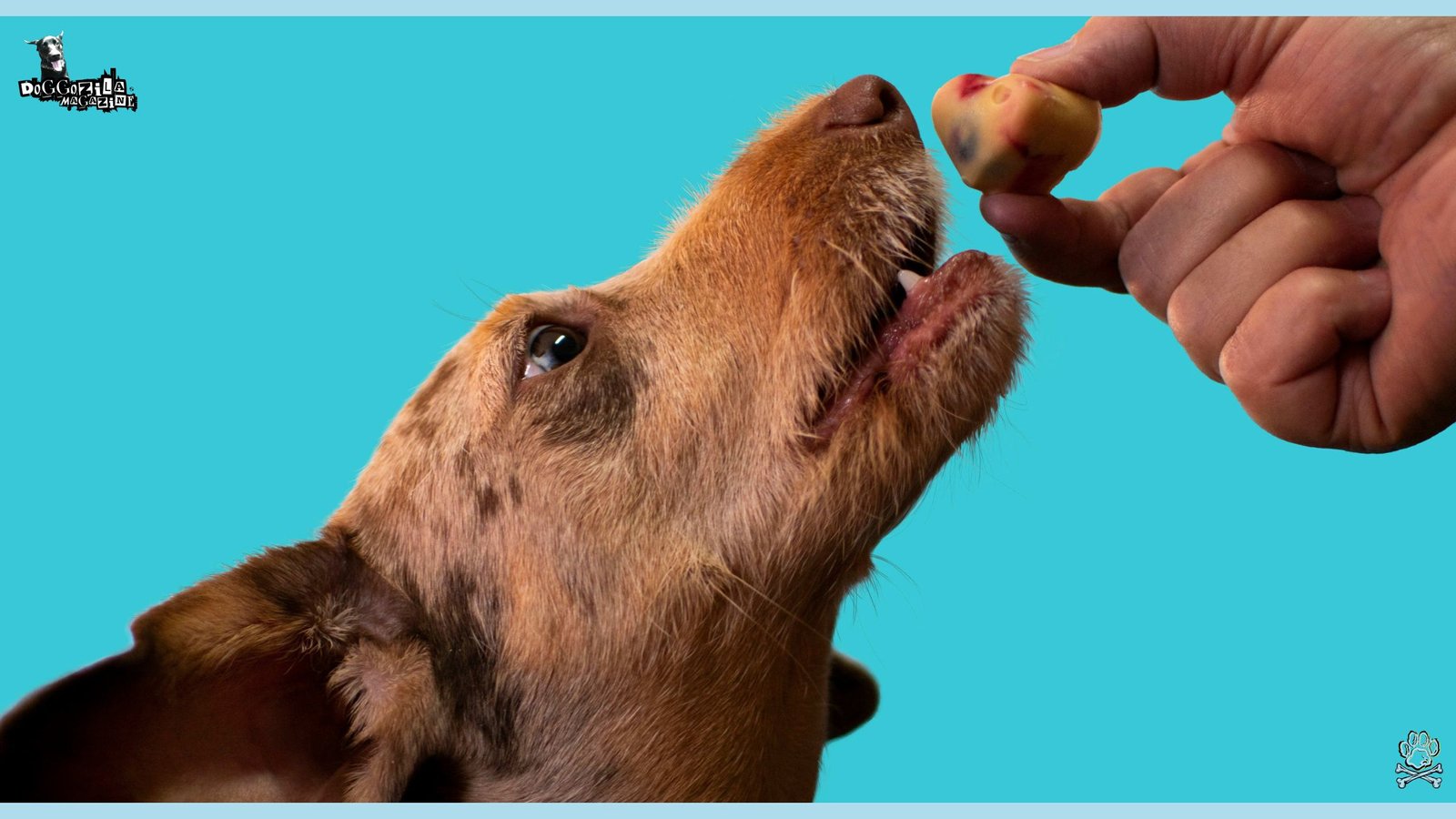
In the end, it’s not about winning over food, but it’s about building a life together where love and trust are constants.
Paws and reflect!
Write to us and send us your tales as many readers and subscribers do!
We would love to hear your stories. Has your dog ever surprised you by choosing you over a treat?





